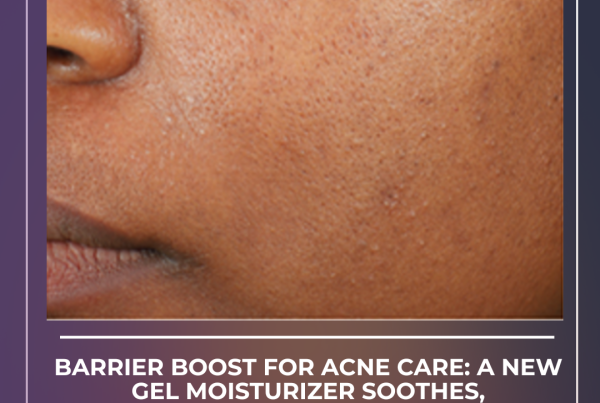Stay up-to-date on new clinical findings on Acne. View the latest articles, case reports, editorial features, supplements, Podcast episodes and more!
Stay up-to-date on new clinical findings on Acne. View the latest articles, case reports, editorial features, supplements, Podcast episodes and more!
Acne is the most common cutaneous disease worldwide and the most frequent disorder to present to the dermatology practice. Although efficacious treatments exist, clinicians continue to search for better regimens with improved safety for our patients.
Optimal topical acne treatments should ideally target multiple pathways involved in acne development.2 Traditional treatments, though often effective, may come with limitations such as skin irritation, dryness, or other adverse effects. Thus, the pursuit of optimal topical acne treatments is critical to enhancing efficacy, minimizing side effects, and improving patient adherence and satisfaction.
Antibiotic resistance and treatment adherence remain significant challenges for acne treatment. Advances in topical formulations have ushered in an era of fixed combination topical therapeutics that are well-tolerated and more efficacious. In addition, their once-daily application leads to increased treatment adherence. This article discusses formulation strategies that allow for the coadministration of active drugs and reviews all commercially available fixed-combination topical acne treatments.
The history of tretinoin and its use in dermatology is a testament both to the drug’s well-established efficacy and its potential to cause skin irritation. Over more than four decades, the drug that launched the retinoid class into the market has been used in the topical management of acne, either alone or in combination.
We, as dermatologists, are exceedingly lucky. We can watch our patients improve before our eyes. In clinical practice, we don’t often track a quantitative metric to gauge success but rather measure the success of our treatment by the appearance of our patients’ skin.
JDD Podcast host Dr. Adam Friedman gets first-hand insight from internationally acclaimed pediatric dermatologist Dr. Lawrence Eichenfield on his recent study entitled “Hormonal Contraceptives and Acne: A Retrospective Analysis of 2147 Patients” published in the June 2016 edition of the Journal of Drugs of Dermatology. Want a refresher on the use of OCPs in Acne?
Interested in learning how to initiate a patient based survey study? Just curious how a leader in the field gets an uninterested adolescent to be compliant and engaged in his/her acne care? These are just a few of the practical pearls provided.
There is a need for new oral antibiotics for acne with improved safety profiles and targeted antibacterial spectra. Sarecycline is a novel, tetracycline-class antibiotic specifically designed for acne, offering a narrow spectrum of activity compared with currently available tetracyclines, including less activity against enteric Gram-negative bacteria. This phase 2 study evaluated the efficacy and safety of three doses of sarecycline for moderate to severe facial acne vulgaris.

